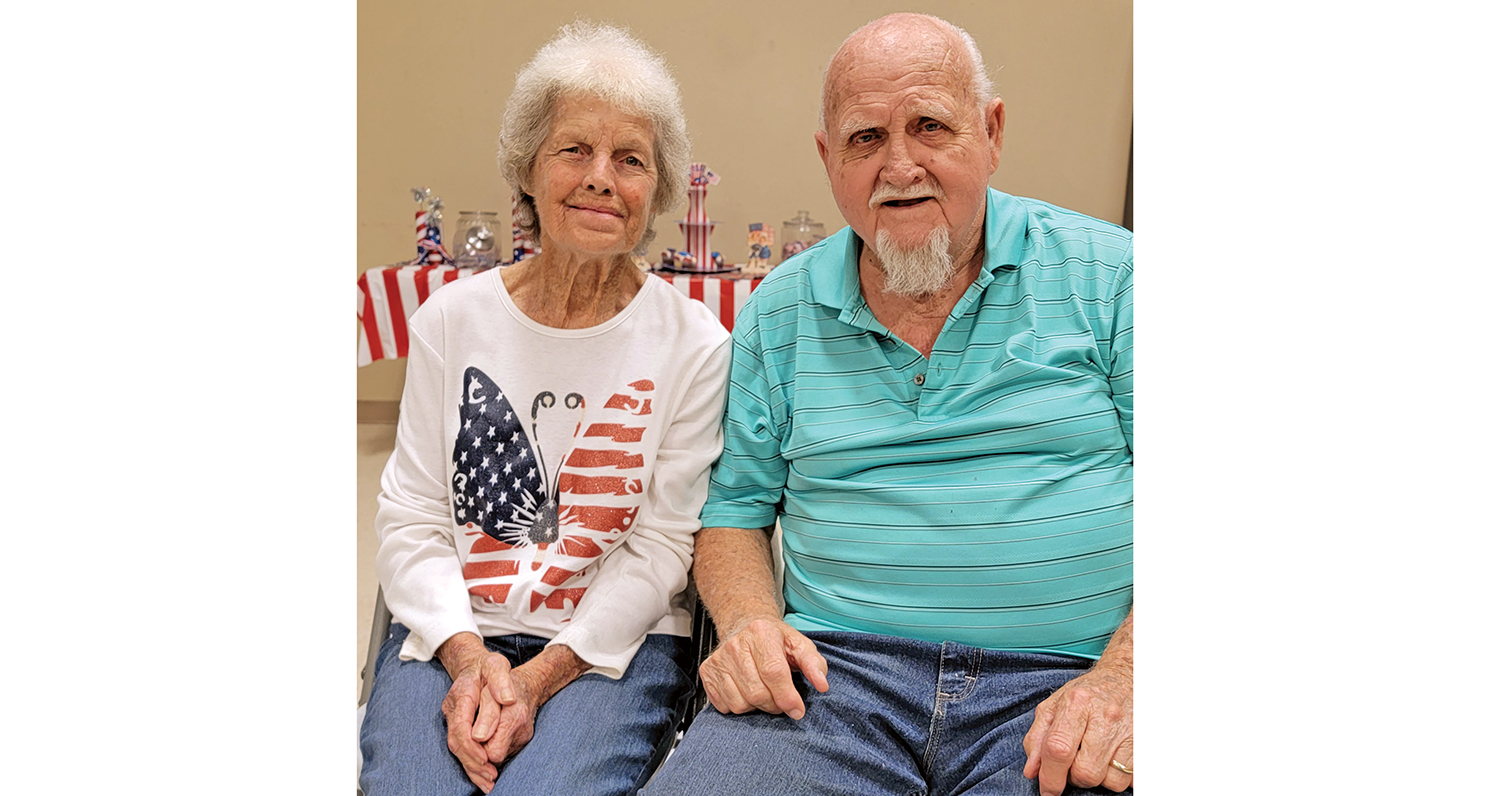Kroger strike enters week two
Published 12:00 am Thursday, October 23, 2003
For more than 25 years, Brenda Nolen has been a mainstay inside the Ashland, Ky., Kroger store.
Now, she is a mainstay outside - on the picket line.
In the second week of the strike, Ashland resident Nolen has spent her days beside U.S. 60 waving at cars, receiving both cheers and jeers from motorists. Her husband, a 26-year employee of the nearby Russell store, is walking the picket line there.
"After the time and investment we've made in this company, they want to cut us," she said.
On the night of Oct. 13, employees of 44 Kroger stores in Ohio, West Virginia and Kentucky walked off the job, rejecting a contract offer from the company. More than 2,000 members of the United Food and Commercial Workers Local 400 approved the strike earlier that day.
At midnight, all 44 stores were closed with only their pharmacies staying open. In Lawrence County, the Proctorville Kroger is affected by the strike. Nearby stores include Huntington, W.Va., Gallipolis, Ashland and Russell.
"The strike is going quite well," said Nelson Graham, regional coordinator for UFCW 400 in West Virginia, Ohio and Kentucky. "Our people are very strong and have banded together and are looking out for each other. In the second week, they continue to stay strong."
Kroger's final offer, Graham said, was a four-year contract that included an 8-percent increase each year in what it pays into a health and welfare fund for the employees. However, an actuary projected that in the first year, this would be 17 percent short of what would be needed. After four years, the contributions would be approximately 50 percent less than what is actually needed, he said.
Kroger has made no other offers, Graham said. Until then, employees are only receiving $100 a week in strike pay.
"We've reached out, but nothing is scheduled at this time," Graham said.
Gary Rhodes, a spokesman for Kroger, acknowledged that no bargaining with the union is scheduled.
"We're not at the bargaining table at this time," he said.
Rhodes said the company offered employees a contract that included wages increases and lump sum payments. For 2003 and 2005, the company offered 20- to 25-cent wage increases, and for 2004 and 2006, lump sum payments of $300-$500.
The company did not propose any reduction in health care benefits for employees, he said. Full-time employees do not pay anything out of their paycheck for family coverage, and part-time employees pay nothing for single. Kroger currently pays $2.97 for each hour an employee works toward the health care fund. With eight percent increases each year, Kroger would be paying an additional $9 million into the fund.
"The union demands that we increase this to $6.28 by 2006," Rhodes said. "That would more than double our cost at a time when Wal-Mart is aggressively expanding, taking our sales and our employees' jobs. We cannot support such a huge cost increase."
"Wal-Mart is our biggest competitor in these markets. They are rapidly expanding their Supercenters, and their employees are non-union, with many of them making less per hour and many of them have no affordable health care coverage."
In the meantime, other grocery stores have seen a significant increase in traffic. Chuck Donohoo, store manager at the Ironton Pick 'N Save, estimates that about 800 more customers have been coming to the store per week since the strike began. While some Kentucky shoppers have come to Ironton to shop, most of the new shoppers are ones who regularly shop at the Kentucky Kroger stores, he said.
Ironton resident Jason Hitchcock, 22, spent Wednesday afternoon with his co-workers on the picket line instead of the Ashland Kroger's meat department. Most of his family and friends in Ironton, he said, alternate between Ashland and Ironton stores. Now, they are staying in Ironton because of the strike. While he is struggling to make ends meet with his strike pay, Hitchcock said he feels worse for his co-workers that are married with children.
Ashland resident Shawn Lee, a produce department employee for more than 24 years, is striking because of the projected 50 percent shortfall in the health care fund. He has a daughter, and his wife has no insurance where she is employed.





